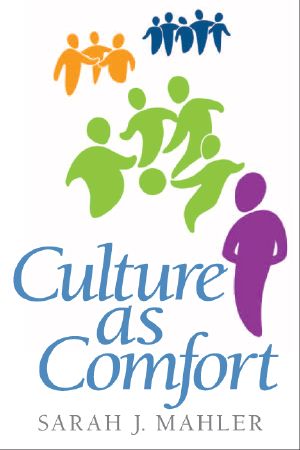Culture as Comfort

- Authors
- Mahler, Sarah J.
- Publisher
- Pearson
- Tags
- marketing , business
- Date
- 2012-07-01T00:00:00+00:00
- Size
- 4.49 MB
- Lang
- en
***Presents culture and identities as continual processes of doing, rather than as things people possess.* ** This text encourages readers to understand how we learn culture so early in life that we come to view "it" as a possession more than as our groups' particular ways of thinking and doing. We do the same for "identities" such as gender, race, nationality, and religion because these are also learned. Moreover, as we become culturally competent as children, we do not see what we do as cultural but as natural, as normal. Therefore *our* ways become comforting to us yet often discomforting to others and vice-versa. The author's goals are to encourage readers to understand how we acquire our cultural comfort zones so that we can expand them throughout life and to appreciate cultural diversity and similarity. *Culture as Comfort* is a unique learning tool that is written broadly to appeal to a wide, cross-disciplinary audience. It is not a typical textbook, nor is it a classic supplemental text. Instead, it addresses a critical scholarly concept-culture-using the latest multidisciplinary scholarship. It renders the information in nontechnical language, adding in the author's own insights and stories to make the information enjoyable and easy for readers to comprehend and remember. **Learning Goals** Upon completing this book readers will be able to: Understand culture and identities as ongoing processes of learning patterns of thinking and doing, rather than as things we possess
Comprehend how learning to be culturally competent involves feeling culturally comfortable among people with whom we share culture and discomforted with those different from ourselves
Recognize that we can expand our cultural comfort zones if we embrace cultural discomforts as opportunities to continue to learn culture
Apply the book's ideas to creatively solve cultural problems in their home, school, and work lives ****